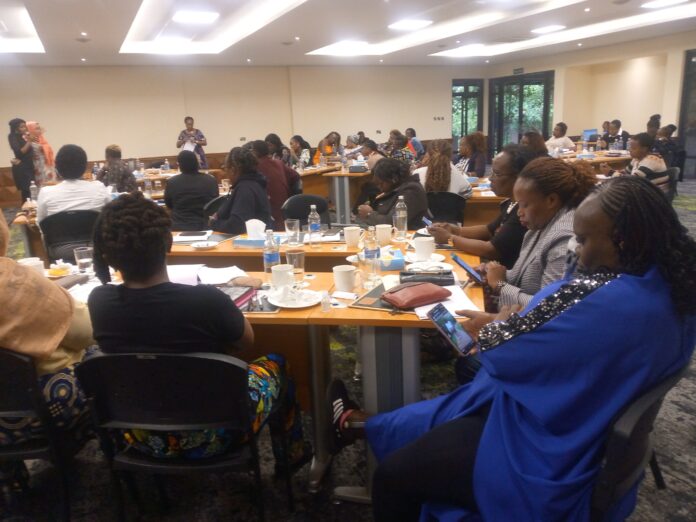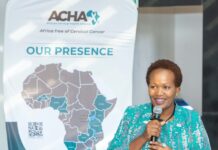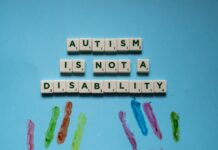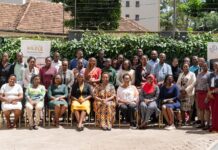By Lenah Bosibori
Nairobi, Kenya: The Honorable Naomi Mandela is not your ordinary woman but she is someone who has battled her physical disability to become an elected Member of the County Assembly in Vihiga County (MCA) during the 2017 elections.
During this year’s International Day of Persons (IDP) with disabilities themed “Transformative solutions for inclusive development: the role of innovation in fueling an accessible and equitable world”, Mandela was upbeat since she was celebrating her graduation from Kenya College of Accountancy(KCA) while simultaneously completing a two-year online course.
“Today I am among few people with disabilities to celebrate my two graduations; I have graduated from Kenya College of Accountancy and at the same graduated from a two-year online course on ending violence among women in politics and media,” said Mandela.
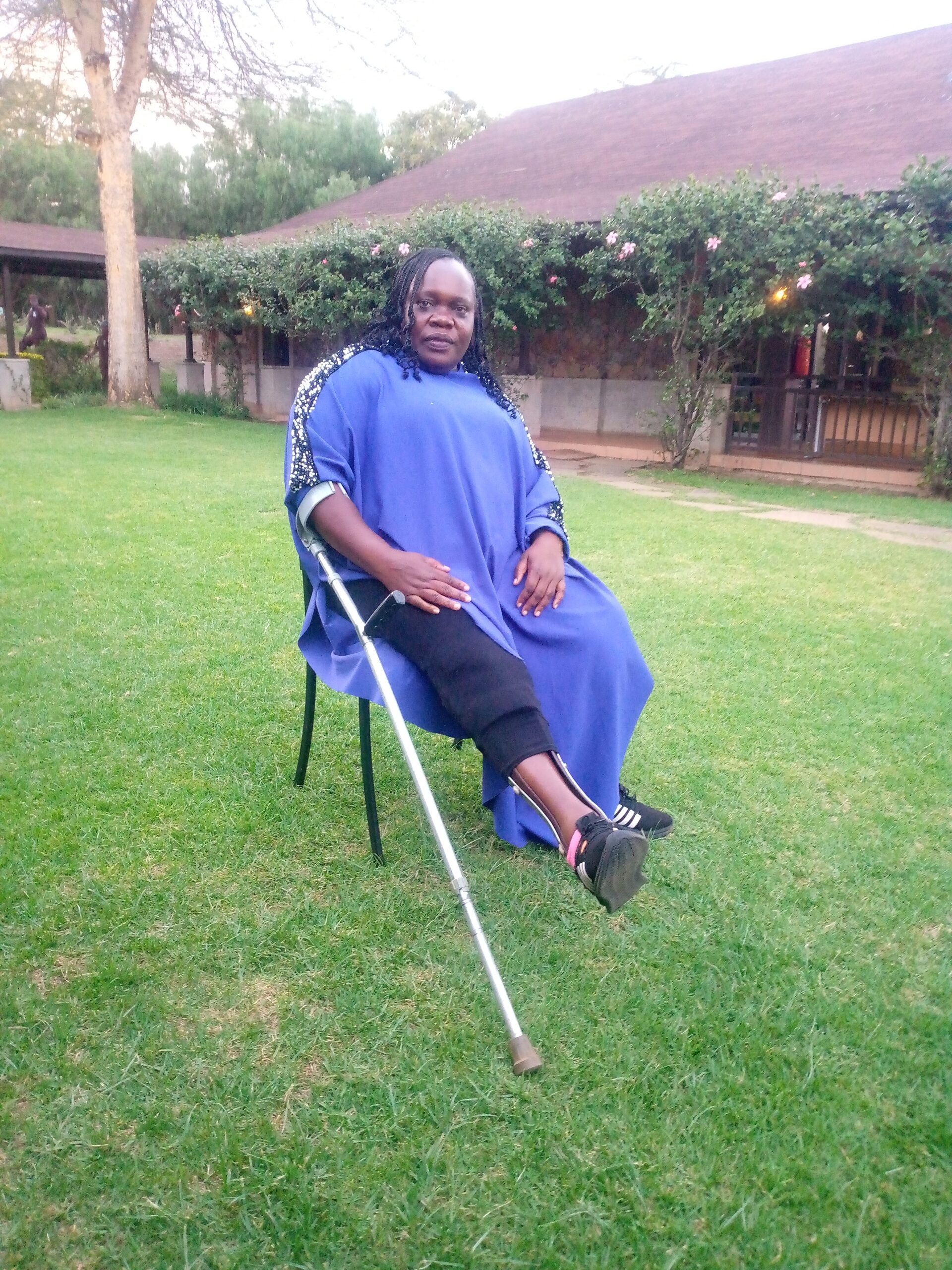
The online program started in 2020 with support from National Democratic Institute (NDI) and International Women Media Foundation (IWMF) on ending gender-based violence among women in media and politics.
“The program from NDI and IWMF has been very beneficial to me as a woman with a physical disability and a politician, it has built me, given my education on how to conduct myself while online and how to protect myself during protests, online violence, and physical violence,” Mandela said during a recent interview.
She adds that the program has provided her with skills she could not get elsewhere for free, adding that she will keep sharing the learning materials with friends and colleagues.
When you first meet Mandela, her passion for changing how people view persons with disabilities strikes you instantly. She is upbeat and conducts her affairs with accuracy to the bewilderment of many people. Mandela has stood out to reaffirm that nothing is impossible with her physical disability.
Mandela was born like any other healthy child but developed her disability when she was three years- old after a polio attack. She has overcome many odds along the journey to academic accomplishment.
According to Kenya’s 2019 census,2.2 percent (0.9 million people) of citizens have some form of disability. Further, it says that more people with disabilities live in rural than in urban areas.
When the COVID-19 pandemic struck the country in March 2020, the National Democratic Institute (NDI) in collaboration with the International Women’s Media Foundation (IWMF) launched an initiative to support women in politics and media, and women with disabilities were highly recommended.
The program managed to get two women with disabilities who trained up to the end despite online challenges of internet connection. Both of them were from rural areas.
Challenges
Mandela uses crutches like any other person with a physical disability and accessing some transportation has been a nightmare.
“In my house, I can rely on myself but when it comes to conferences, it gets difficult until I have somebody whom I can rely on,” says Mandela.
She adds that when the government and civil society groups organize workshops, they forget to include us as people who have different needs, “for example I was privileged to come with an aid in this program because that was a requirement from the organization,” added Mandela.

